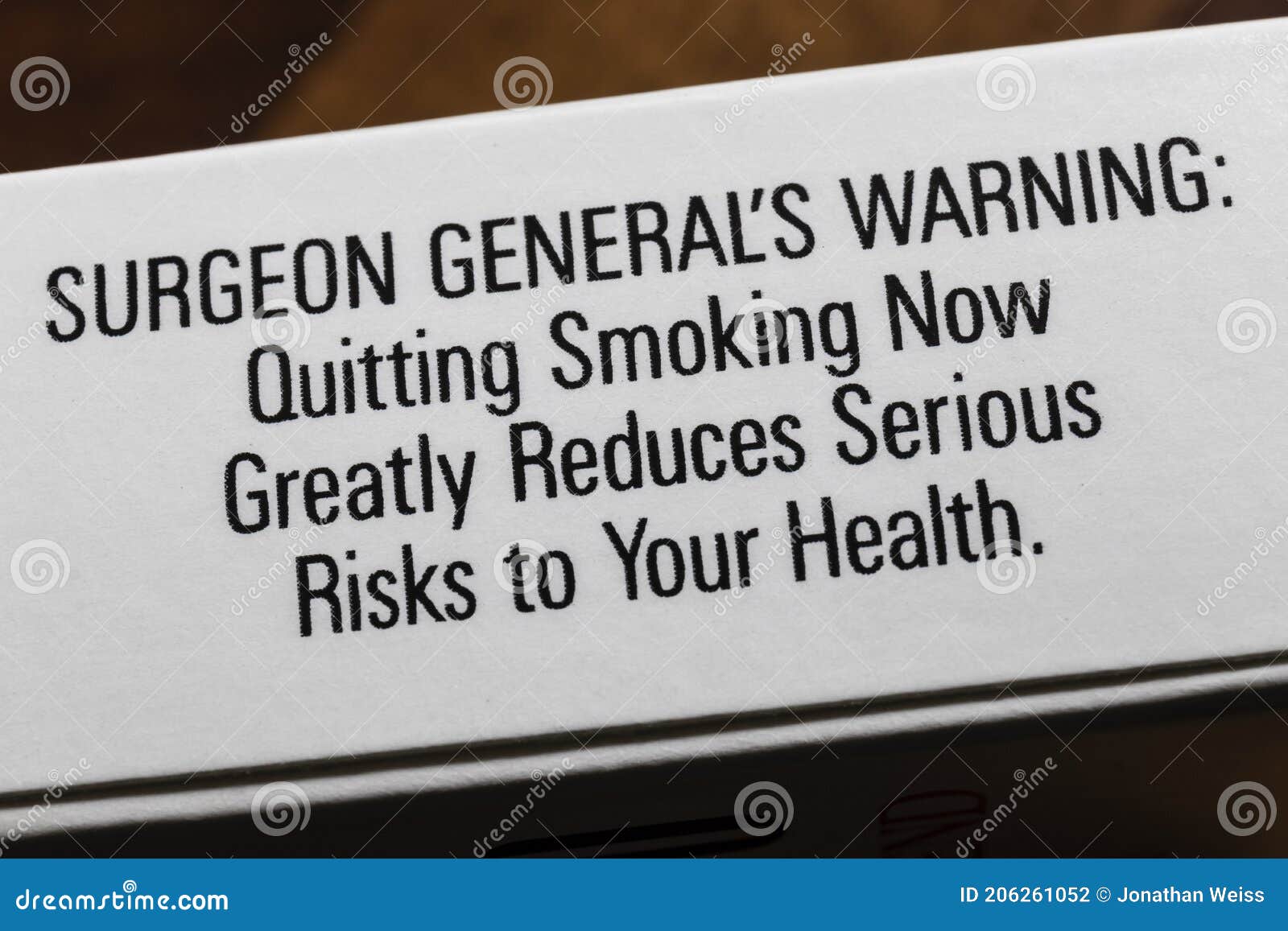
Alcohol Industry In Jeopardy: Surgeon General’s Warning Sounds Alarm On Cancer Risks
In a groundbreaking move, the U.S. Surgeon General has issued a dire warning, declaring that alcohol consumption, regardless of quantity, poses a significant cancer risk. This revelation has sent shockwaves through the alcohol industry, raising both concerns and questions about the implications for public health and the industry itself.
Scientific Evidence Unveils Alcohol’s Carcinogenic Effects
The Surgeon General’s warning is backed by a comprehensive review of scientific evidence connecting alcohol consumption to an increased risk of developing various types of cancer. This includes cancers of the mouth, pharynx, larynx, esophagus, liver, colon, rectum, and breast.
The evidence suggests that alcohol, particularly ethanol, can damage DNA, disrupt cell growth, and promote inflammation. These effects create a conducive environment for the development and progression of cancerous cells.
Industry Denial and Counterclaims
Faced with this overwhelming scientific evidence, the alcohol industry has responded with a mix of denial and counterclaims. Some industry representatives argue that the Surgeon General’s warning is exaggerated and based on flawed or selective research.
They also point to studies suggesting that moderate alcohol consumption may have certain health benefits, such as reducing the risk of heart disease. However, it is important to note that these studies have limitations and do not outweigh the evidence linking alcohol to cancer.
Public Health Implications: Reducing Cancer Risk
The Surgeon General’s warning underscores the critical need to address alcohol consumption as a significant public health concern. By raising awareness about the cancer risks associated with alcohol, individuals can make informed decisions about their alcohol intake.
Public health initiatives should prioritize reducing alcohol-related cancer cases. This involves educating the public about the risks, promoting moderation, and implementing policies that limit alcohol access and availability.
Industry Adaptations and the Future of Alcohol
The Surgeon General’s warning is a significant setback for the alcohol industry. It forces the industry to confront the health consequences of its products and reconsider its marketing and production strategies.
Companies may need to develop and market alternative products, such as non-alcoholic beverages, to cater to health-conscious consumers. They may also invest in research to develop safer alcohol substitutes or reduce the alcohol content in their products.
Balancing Public Health and Economic Impact
While protecting public health is paramount, it is also important to consider the economic impact of the Surgeon General’s warning on the alcohol industry. The industry employs millions of people and generates billions in tax revenue.
Striking a balance between public health and economic impact requires thoughtful policymaking and a collaborative approach between the government, the industry, and public health organizations.
Conclusion
The Surgeon General’s warning on the cancer risks associated with alcohol consumption has profound implications for both public health and the alcohol industry. It is a stark reminder that alcohol, while often consumed socially, is a substance with potentially serious health consequences.
By raising awareness, promoting moderation, and implementing effective policies, we can reduce alcohol-related cancer cases and improve the overall health of our communities. The alcohol industry, faced with a new reality, must adapt and innovate to respond to both public health concerns and changing consumer preferences.



